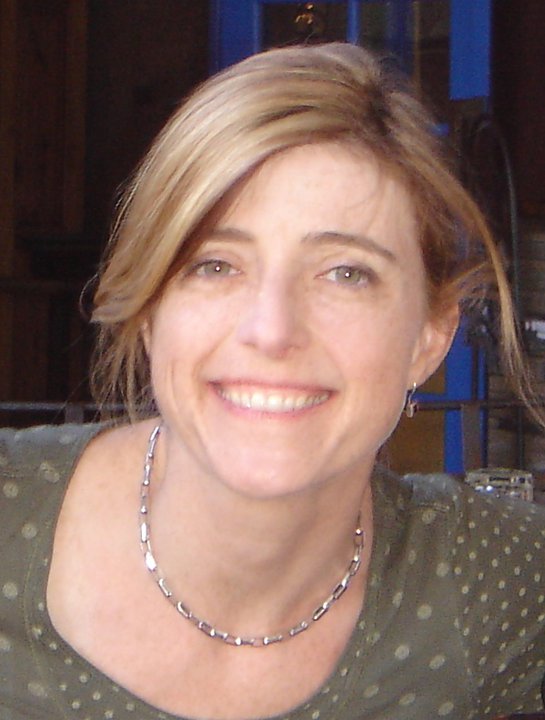An interview with Room‘s 2016 fiction contest winner, Leslie Beckmann.
Leslie Beckmann is an environmental biologist and a Master’s candidate in UBC’s Creative Writing program. Her work has been shortlisted in the Canada Writes competition, has appeared in the Globe & Mail, Canadian Geographic, and En Route Magazine, and has aired on CBC radio. She lives in Vancouver with her daughter, her partner, and a dog named Darwin. She is the winner of Room‘s 2016 fiction contest, judged by Doretta Lau.
ROOM: I love the factual detail in “Genus and Species.” Did you have to research for this story or do you have a biology background? Is research an important tool your fiction?
LB: Both. And yes. My undergrad was in biology but that has given me just enough knowledge to be dangerous. I will often go back to textbooks or fall down the rabbit-hole that is the internet to check things. Interestingly, what I find sometimes redirects a story entirely because what is real, scientifically speaking, is far more remarkable—and filled with meaning and metaphor—than anything I could have imagined.
ROOM: This is a visceral piece with a palpable sense of anxiety. You mentioned that you often write from your deepest fears. Can you explain how this fuels your writing?
LB: Because writing is linear—or at least gives the appearance of it as one idea follows another—I find it helps me untangle the pieces that add up to whatever frightens (or angers, or grieves) me. It doesn’t necessarily relieve me of any of those things but, when I’m lucky, I can find, if not peace, at least, détente with those things. I’m really grateful when people tell me that what I’ve written resonates: suddenly, neither of us is alone in our fear.
ROOM: You also write nonfiction, including your CNF piece “Tortfeasor,” which took second place in the 2010 CBC Creative Nonfiction prize. How do you decide which genre to write in? Does fiction give you a freedom that CNF does not?
LB: Absolutely. CNF is a slippery thing: I’ve gotten into trouble for combining real experiences in a way that feels, but is not factually, true. I think it is easier to write memoir about long-distant events because the telling is less likely to hurt those who were there. Fiction is harder because it requires imagination—which I don’t think I have in the way some people do—but it keeps me out of trouble.
ROOM: How do you make time for your writing process? Do you have a writing routine?
LB: Sigh. Poorly and no. I would like to say I write regularly, but the truth is I grab snippets of time to write when no one is home. An empty house (mine is so small that I don’t have—as Woolf advised—a room with a door) is the only way to avoid feeling guilty for writing. But that’s another story.
ROOM: What writers are you reading?
LB: I’ve got several books on the go at any one time. Abraham Verghese, who wrote Cutting for Stone, is a remarkable writer who can make the poetry of science sing in fiction. I’m actually re-reading Ursula LeGuin’s short stories. The pile on my bedside table includes Roméo Dallaire, Ivan Coyote, Michael Chabon, and Brit Bennett. Plus I’ve been reading works by classmates in UBC’s Creative Writing program (I’m afraid to shout out because I’ll miss someone), which is a real treat: I hear the words in their speaking voices as I read.
ROOM: Are you working on anything at the moment that you’d like to share?
LB: I’m about to start my thesis, which will be a Young Adult novel set in a parallel universe. There will be physics involved. And magic. I think I need to work out a better elevator pitch, though.
ROOM: What has winning the Room fiction contest meant to you? Do you have any suggestions for others thinking of entering the contest next year?
LB: I am indebted to Room. Not only for running the contest, but for what the magazine stands for. For making space for every voice. I have always felt that mine is odd and undeserving because I started out, and still count myself as, a biologist. This experience has helped me believe that I can also call myself a writer. I would encourage everyone who is thinking about entering to just trust their voice and submit.
Read “Genus and Species” in Room issue 40.2 Our Rubble, Our Loss. Available for sale here.














